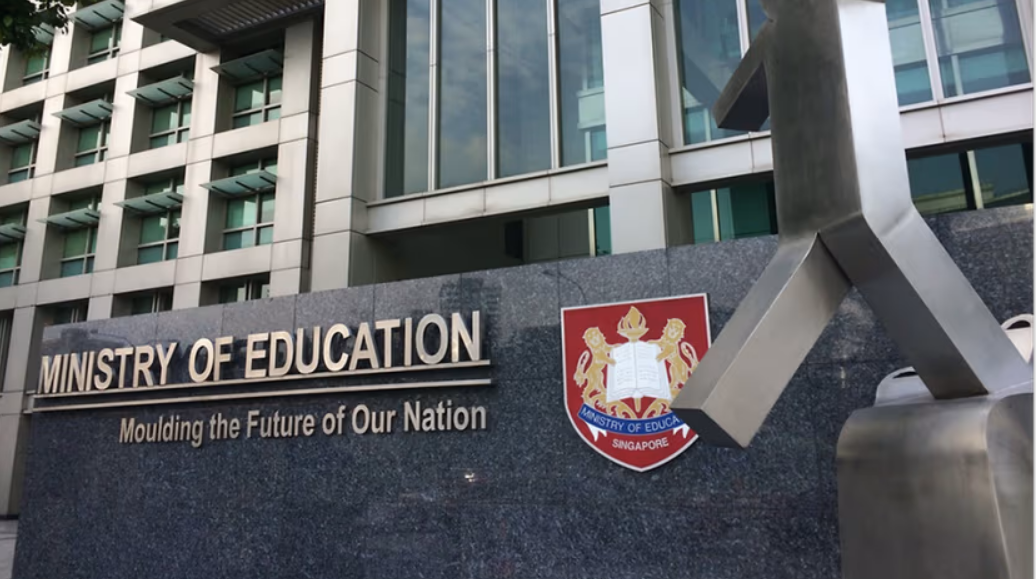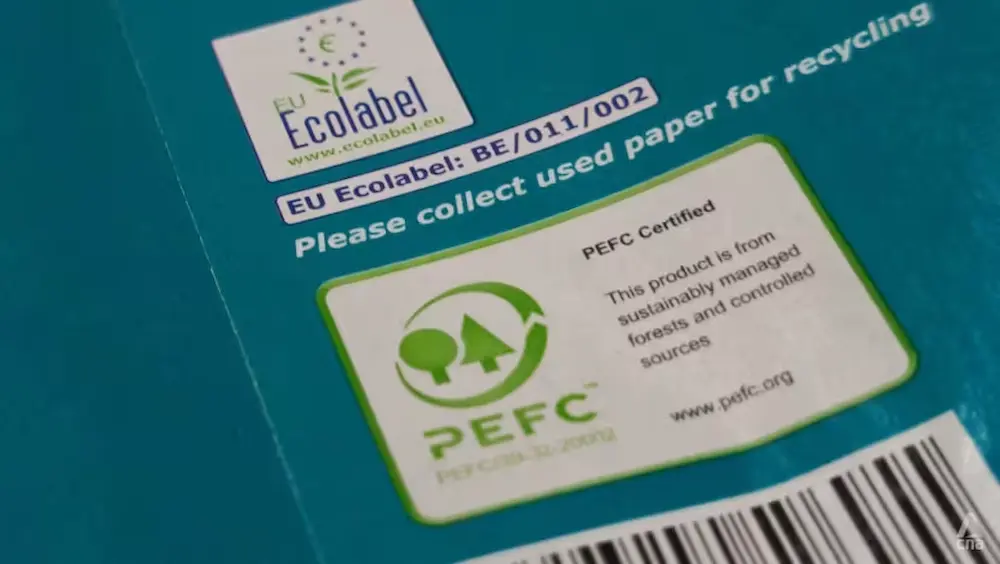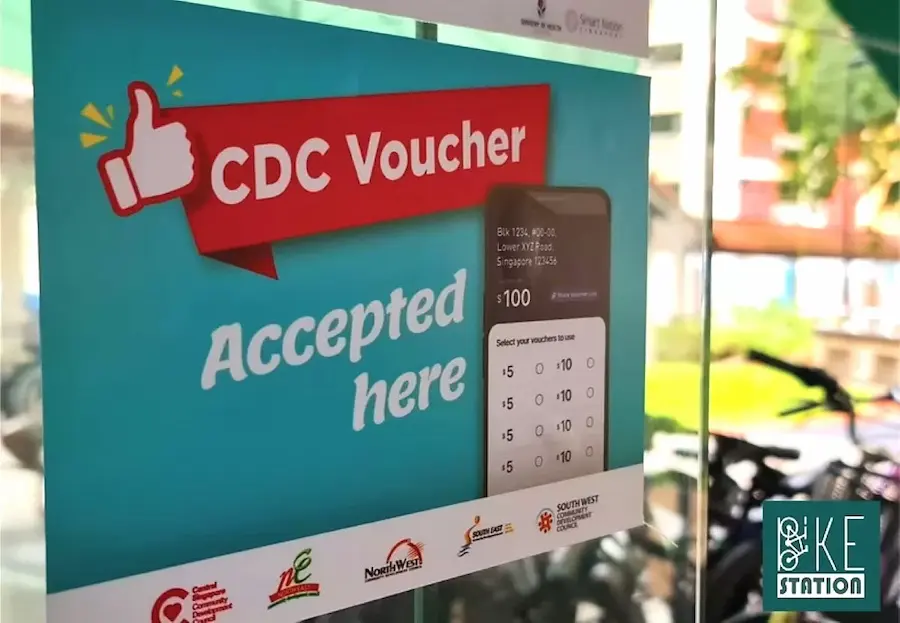Mobile Guardian App Removal After Cybersecurity Incident in Singapore

In a significant move to bolster cybersecurity in educational institutions, Singapore’s Ministry of Education (MOE) has decided to remove the Mobile Guardian app from all students’ devices. This decision follows a recent hacking incident that affected over 13,000 students from 26 secondary schools. The breach has raised substantial concerns about the safety and security of digital learning environments, highlighting the urgent need for robust cybersecurity measures in education.
Background of Mobile Guardian
Mobile Guardian is a device management application designed to help parents monitor and control their children’s use of personal learning devices, such as iPads and Chromebooks. The app allows parents to restrict access to specific websites and applications, manage screen time, and ensure that the devices are used primarily for educational purposes. Given its extensive use in Singaporean schools, the app plays a crucial role in supporting students’ digital learning experiences.
The Cybersecurity Incident
On 5th August, the MOE announced that the Mobile Guardian app had been compromised by a global cybersecurity incident. Preliminary investigations revealed that around 13,000 students from 26 secondary schools in Singapore had their devices remotely wiped by an unauthorised hacker. The incident was reported to MOE by schools late on the night of 4th August, after students found themselves unable to access applications and information stored on their devices.
Details of the Hacking Incident
The breach involved unauthorised access to the Mobile Guardian platform, affecting customers worldwide, including those in Singapore. While the hacker did not appear to access any user files, the remote wiping of devices caused significant disruption to students’ learning activities.
Initial Response from MOE
Upon learning about the incident, MOE swiftly expressed its concerns to Mobile Guardian and initiated immediate measures to mitigate the impact. The ministry decided to remove the Mobile Guardian app from all students’ devices as a precautionary step. Efforts are currently underway to safely restore the affected devices to normal usage, with additional IT support being deployed to schools.
Impact on Students and Schools
The cybersecurity breach had a profound impact on students and schools, causing considerable disruption to the learning process.
Disruption of Learning
Students who use iPads and Chromebooks as their personal learning devices found themselves unable to access the internet or their classroom materials. Many reported losing saved notes and other essential learning resources. The incident also affected students’ ability to participate in online classes and complete assignments, leading to significant setbacks in their academic progress.
Student and Parent Reactions
The breach understandably caused anxiety and concern among students and parents. MOE has been working closely with schools to support affected students, providing additional learning resources and deploying IT roving teams to assist with technical issues. Despite these efforts, the incident has highlighted the vulnerability of digital learning environments to cyber threats.
MOE’s Response and Measures
In response to the cybersecurity breach, MOE has taken decisive action to ensure the safety and security of students’ personal learning devices.
Removal of Mobile Guardian App
MOE’s decision to remove the Mobile Guardian app from all iPads and Chromebooks was driven by the need to protect students from further cyber threats. The ministry is currently working on safely restoring these devices to normal usage and is considering alternative solutions to manage device usage and support learning during this period.
Alternative Solutions and Future Plans
In the wake of the incident, MOE is exploring other device management applications that can provide similar functionality while ensuring robust cybersecurity measures. The ministry is also looking into additional cybersecurity protocols to prevent future breaches and safeguard students’ digital learning experiences.
Previous Incidents with Mobile Guardian
The recent hacking incident is not the first time Mobile Guardian has faced cybersecurity challenges. Earlier this year, the app was involved in two significant incidents that raised concerns about its security.
April Data Breach
In April, Mobile Guardian’s user management portal at its headquarters in Surrey, Britain, was hacked. This breach resulted in the leakage of personal information, including the names and email addresses of parents and teachers from several schools in Singapore. The incident prompted Mobile Guardian to enhance its security measures and implement stricter data protection protocols.
Technical Issues in July
At the end of July, more than 1,000 students from at least five secondary schools in Singapore were affected by a technical glitch in the Mobile Guardian app. The glitch prevented students from turning their iPads on or off, connecting to Wi-Fi, and accessing their learning materials. This incident, attributed to a human error in configuration, was resolved with an app update rolled out by Mobile Guardian.
Expert Opinions and Analysis
The cybersecurity breach involving Mobile Guardian has prompted analysis and recommendations from cybersecurity and educational technology experts.
Cybersecurity Experts’ Views
Experts emphasise the importance of robust cybersecurity measures in protecting digital learning environments. They recommend regular security audits, timely software updates, and stringent access controls to prevent unauthorised access to sensitive information.
Educational Technology Experts’ Insights
Educational technology experts stress the need for secure and reliable digital learning tools to support students’ education. They advocate for the adoption of best practices in cybersecurity, such as using encrypted communications, multi-factor authentication, and secure data storage solutions. Additionally, they highlight the role of continuous training and awareness programmes for students, parents, and educators to mitigate cyber threats effectively.
Conclusion
The recent cybersecurity incident involving the Mobile Guardian app has underscored the critical need for robust cybersecurity measures in education. As the MOE works to restore normalcy and implement alternative solutions, the safety and security of students’ digital learning environments remain paramount. Ensuring that educational tools are both effective and secure is essential for fostering a safe and productive learning experience for all students.
By prioritising cybersecurity and adopting best practices, educational institutions can better protect themselves from cyber threats and continue to provide high-quality education in an increasingly digital world.

Colour Socks Parade 2025 Singapore: Inclusive Sports Fiesta

July 2025 CDC Vouchers Singapore: SG60 Vouchers Claim Guide

Free Immersive F1 Exhibition in Singapore at F1 Pit Building

Eco-Labels in Singapore: Navigating Sustainability Certifications

Space Explorers: The Infinite - Journey Beyond Earth at Science Centre SG

Light to Night 2025: Singapore's Civic District Transforms After Dark

Private Investigators in Singapore Continues to Help Security and Legal Industries in 2025

Colour Socks Parade 2025 Singapore: Inclusive Sports Fiesta

July 2025 CDC Vouchers Singapore: SG60 Vouchers Claim Guide

Free Immersive F1 Exhibition in Singapore at F1 Pit Building







